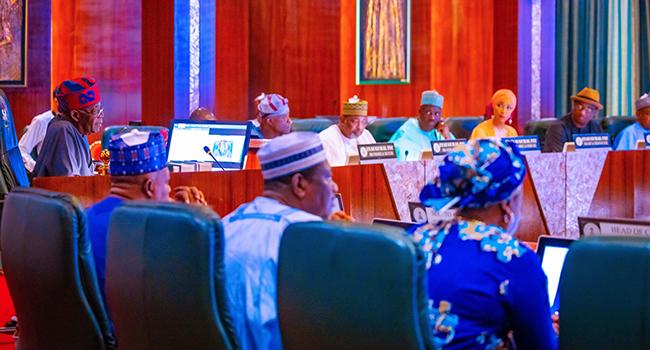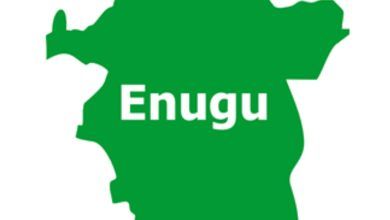
The Federal Executive Council (FEC) has deferred consideration and deliberation on the proposed new minimum wage, enabling President Bola Tinubu to engage in further consultations with key stakeholders.
This was disclosed by the Minister of Information and National Orientation, Mohammed Idris, during a briefing with State House correspondents on Tuesday, following the council meeting.
Minister Idris revealed that the President has carefully reviewed the report submitted by the Tripartite Committee on Minimum Wage and intends to conduct additional consultations before making a final submission to the National Assembly.
“I want to inform Nigerians here that the Federal Executive Council deliberated on the report of the tripartite committee on the new national minimum wage,” said Idris. He emphasized the broad impact of the new minimum wage, stating, “The decision is that because the new national minimum wage is not just that of the Federal Government. It is an issue that involves the Federal Government, the state governments, local governments, the organised private sector, and of course, including the organised labour.”
To ensure comprehensive engagement, the memo was stepped down to allow President Tinubu to consult further, particularly with state governors and representatives of the organised private sector, before presenting an executive bill to the National Assembly.
The discussions for a new minimum wage for Nigerian workers have been ongoing for some time. The Minimum Wage Act of 2019, which established ₦30,000 as the minimum wage, expired in April 2024. The Act mandates a review every five years to align with contemporary economic demands.
In January, President Tinubu established a Tripartite Committee to negotiate a new minimum wage for workers. This committee includes representatives from organised labour, federal and state governments, as well as the organised private sector. However, the committee members failed to reach a consensus on a new realistic minimum wage, leading to an indefinite industrial action declared by labour on Monday, June 3, 2024. This strike caused significant disruptions, paralyzing businesses and shutting down essential services such as airports, hospitals, the national grid, banks, and legislative complexes across the country.
As President Tinubu proceeds with further consultations, Nigerians await a resolution that balances the interests of all stakeholders and addresses the economic needs of the workforce.





